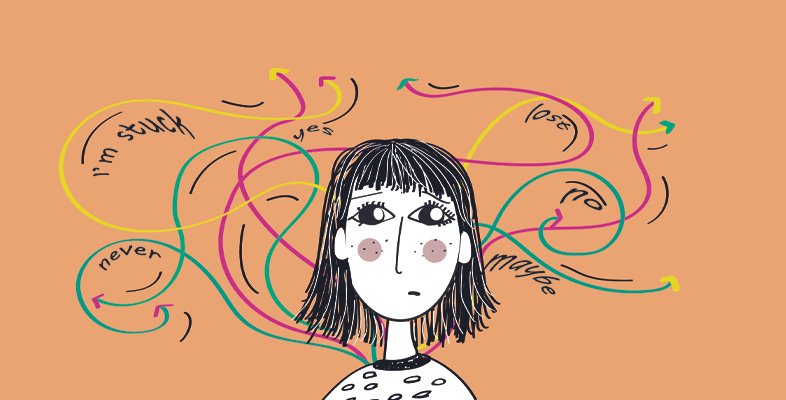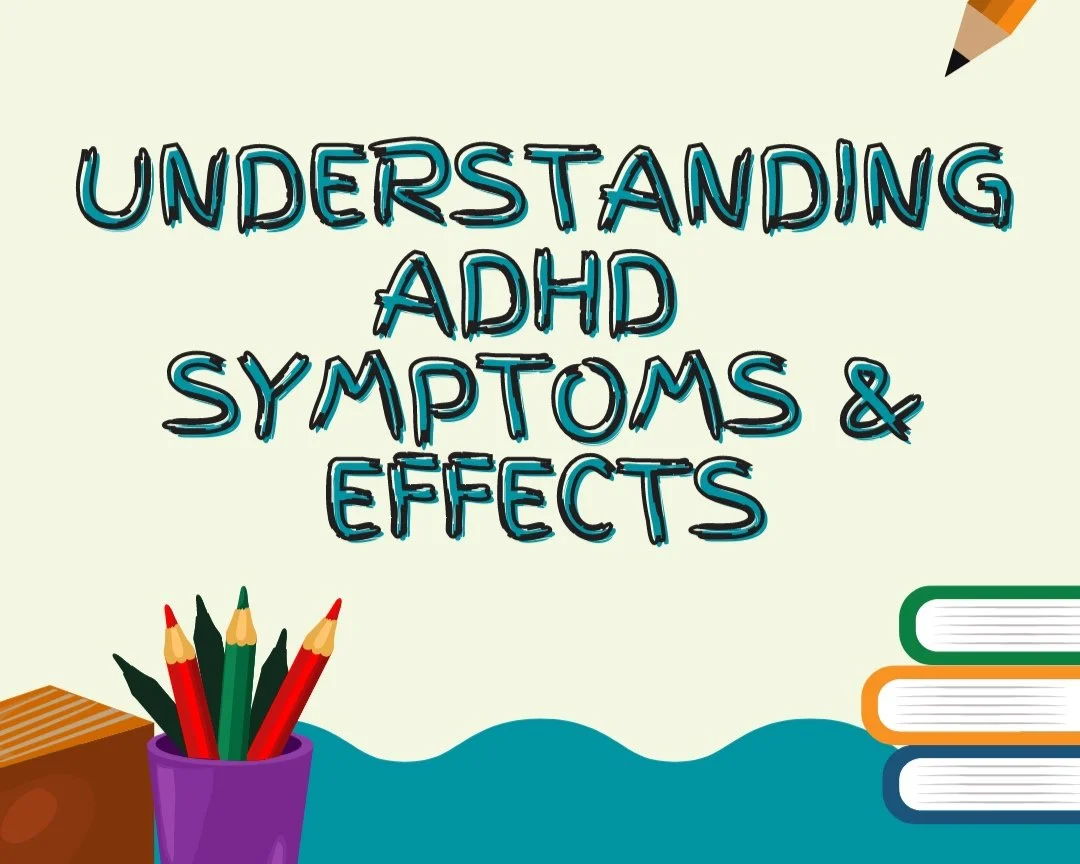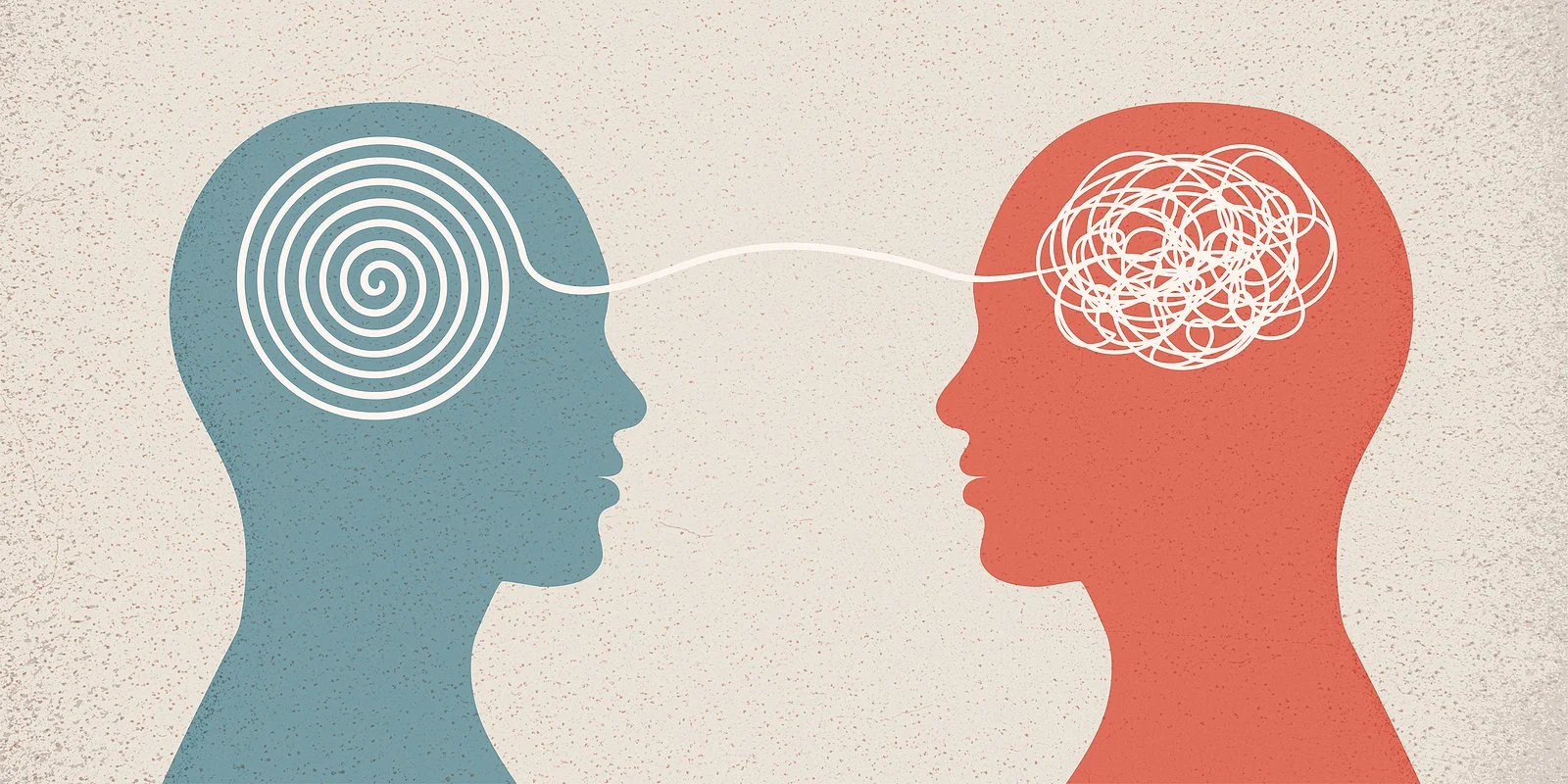
Attention Deficit [Hyperactivity] Disorder
Knowledge is Power
Knowing & Understanding is Half the Battle.
ADHD or ADD are medical conditions that involve a difference in brain development and brain activity that can affect attention, the ability to sit still, and self-control or impulse control.
Go Penguins
- Brought To You By Clark College -
Go Penguins - Brought To You By Clark College -
This internet resource was created by Clark College Students with the intention of providing information, personal insight, and inclusion for any Clark College students, or any and all college students in general that are struggling to keep it all together amidst all the distractions of life. Whether your personal struggle is with attention span, time management, hyper-fixation, or all of the above; we want you to know that you are not alone, or broken.
“Knowledge is power. Information is liberating.
Education is the premise of progress, in every society, in every family.”
Learning more about ADHD / ADD and what could come with this disorder
-
Impulsiveness
Disorganization and Problems Prioritizing
Poor Time Management
Problems Focusing on a Single Task
Poor Planning
Low Frustration Tolerance
Frequent Mood Swings
Problems Following Through and Completing Tasks
Trouble Coping with Stress
-
Genetics: ADHD can run in families, and studies indicate that genes may play a role
Environment: Exposer to environmental toxins such as lead; premature birth due to alcohol, drugs, or cigarettes, or enduring a high-stress environment through infancy
Problems During Development: Problems with the central nervous system at key moments in development may play a role
-
ADHD / ADD have been linked to:
Poor school or work performance
Unemployment
Financial Problems
Trouble with the law
Alcohol or other substance abuse
Frequent car accidents
Unstable relationships
Poor physical and mental health
Poor self-image
Suicide attempts
-
ADD / ADHD doesn’t cause other psychological or developmental conditions but other disorders often occur along with ADHD or ADD. These include:
Mood Disorders
Anxiety Disorders
Learning Disabilities
What should I look for?
Here is a fast and simple self-assessment from MHA, (Mental Health America) to determine if you are living with ADD/ADHD
Interview With Clark College Student After Taking the Quiz
Q: “How accurate is the quiz”?
The quiz is accurate but it is not a diagnostic. If you want to know if you have ADHD 100% then talk with your doctor or therapist.
Q: “Are the questions on the quiz hard”?
No, the questions are fairly straightforward.
Q: “Is the quiz long”?
The most time that you will spend on this quiz is 10 minutes, and that’s if you get distracted. If you stay on track the quiz shouldn’t take you longer than 5 minutes.
Resources and Support
Sometimes, we just need some help with the little things, but finding that help may be more difficult then it sounds. Don’t worry, we got you. Clark College has more support geared towards then you may think!
Commonly Prescribed Medications
Psychostimulants (amphetamines and methylphenidate) are first-line pharmacological treatments for the management of ADHD
Complementary & Alternative Medicine
Mind-body practices
Body-based practices
Nutritional supplements.
Have Questions?
You’re not the only one!
When it comes to ADHD/ADD we have come to understand one thing, questions come by the dozen but answers are few and far between.
That being said, we have done a lot of digging and found solid answers for some of the most common questions asked as well as compiled a list of myths and misconceptions.




